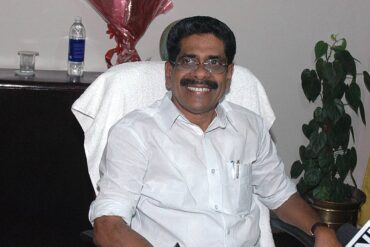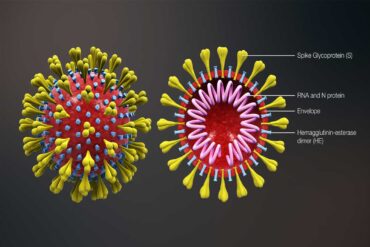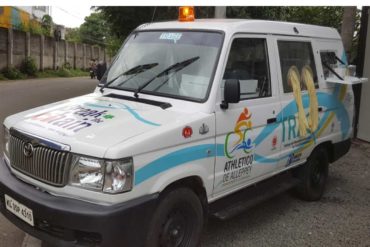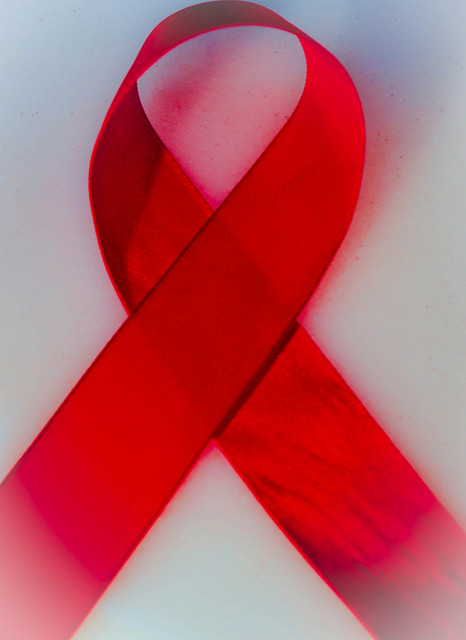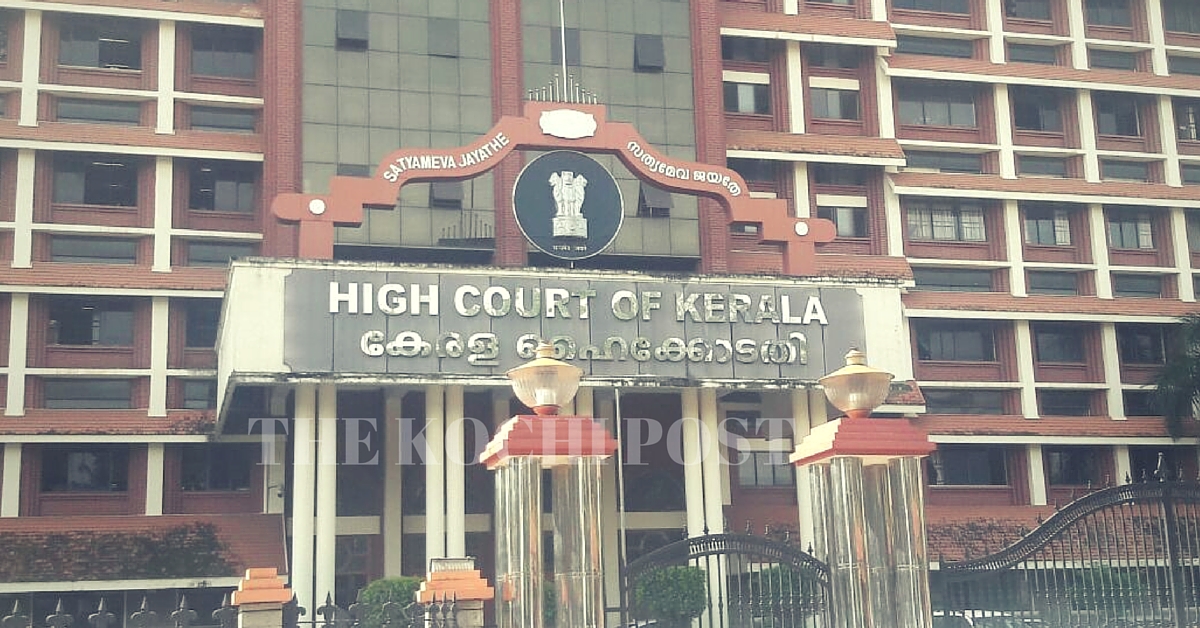World AIDS Day is an opportunity for people worldwide to unite in the fight against HIV, show their support for people living with HIV, and to commemorate the people who have died. It is undoubtedly an achievement that due to timely intervention of the government and various NGOs, there is a significant decrease in HIV infections in Kerala. Also, a majority of the patients are now getting Anti- Retroviral Therapy, which helps them lead a normal life in society without complications and increases their life span.
According to the Kerala State AIDS Control Society (KSACS), formed to implement the National AIDS Control Programme (NACP) in the State, on World AIDS Day the number of people who underwent the HIV test has increased from 4, 75, 414 in 2015 to 5, 02, 377 in 2016, which according to the officials shows the changing attitude of society towards the disease. Also, according to the report, the number of people affected by AIDS has come down to 1, 199 up till October, 2016 from 1,494 in 2015.
KSACS has been able to facilitate a healthy trend through various service centres functioning under it such as Jyothis – the integrated counselling and testing centres, Ushas – the anti-retroviral therapy centres, Pulari – that gives free treatment for those suffering from sexually-transmitted diseases, and Suraksha – that targets HIV-prone groups. Other activities like voluntary blood donation centres and red ribbon clubs in educational institutions have also contributed to a great extent in bringing awareness about the disease.
However, some allegations have been raised against NGOs that are deputed by the KSACS to undertake various projects in the State. The Suraksha project that has been rolled out by KSACS in the State to prevent HIV transmission among High-Risk Groups has come under the scanner for not using the funds allocated under the project in an appropriate manner.
Commenting on the issue, Kottayam Region Project Officer of Suraksha, George P. Kurian said,
“I don’t understand how such an allegation can be made against a society that is run under the supervision of government authorities. Even though we associate with NGOs, the entire process of carrying out the project and allocating funds is done in a well-planned manner and we are responsible for supervising it at every step. Audits of the allocated funds and how they have been used is done on a timely basis and the report is being submitted to the government.”
He added that a person who was expelled from the position for misusing it has published unfortunate statements and that the project and KSACS are not affected by it in any manner.
Under the project, Peer Educators (PE), all of them who are also sex workers are being trained and given the duty to provide awareness regarding safe sex and bring in behavioural changes among the High Risk Groups through counselling sections. PEs are also supposed to collect the blood samples of the sex workers and get them checked at the HIV testing centers every six months.
It has been reported that these tests only remain on paper and are not done in the prescribed manner. Explaining about the possibility of such an activity, Mr. Kurian says that as these PEs are sex workers, they also many-a-times show a tendency to somehow wrap up their duty.
“We have come up with a solution for this and the Rs. 3, 000 that is being provided to them as monthly remuneration is being provided in installments. A PE looks after 60 sex workers. To keep a check on the blood test and ensure transparency we provide the PEs Rs. 100 from their remuneration after each blood test and strictly monitor if the PE is reaching out to every person allocated to him/her. The PE who does not achieve the target is not paid the entire amount.”
The data clearly indicates that the number of HIV-infected persons in the States has marginally decreased. However, the extent to which the projects are being helpful to those in need is still a matter of concern. Government intervention is strictly needed in a situation of this sort.
Main Photograph by Sassy mom via Flickr

